Where to live in Brussels
As the heart of the European Union (EU), and with an estimated 25 per cent of its one million inhabitants coming from outside Belgium, Brussels is a truly international city. In addition to the 30,000 civil servants employed by the EU, there are some 80,000 people working for around 2,000 foreign companies that have offices in the city. Apart from the immediate gratification provided by the beauty of the Grand Place, strong beer and exquisite chocolate, Brussels is a city that reveals its charms slowly. However, green spaces, low crime rates and the reasonable cost of living are among the reasons why it is said that if you stay in Brussels for longer than three years, you never leave.
The city comprises 19 communes, although expatriates tend to gather in the southern and eastern areas due to their proximity to international schools and businesses. Rental accommodation is never hard to find partly due to a high turnover of international workers in the city – one of the simplest ways of finding a flat is to wander about the commune of your choice looking for rental signs. Rent in the city is relatively cheap in a European context: at around €700/month for an unfurnished two-bedroom property, you will be paying half the price of a comparable apartment in London or Paris. Public transport, if a little grubby, is well-organised, reliable and cheap, and the city's relatively flat terrain and paths make cycling easy. Although Brussels is positioned within the Flemish-speaking section of Belgium, it is a firmly Francophile city and around 85 per cent of the population speaks French.
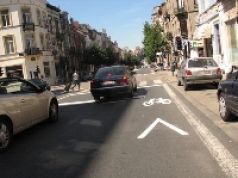
The prosperous, leafy commune of Auderghem lies to the south-east of the city beyond the communes of...
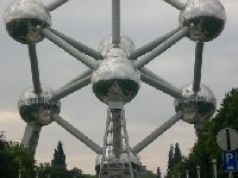
The commune of Brussels comprises everything within the pentagon-shaped inner ring road (the histori...

This area to the east of the city centre is home to most of the European institutions and is the obv...

Lying to the south-west of the city, bordered by the communes of Ixelles and St-Gilles towards the c...
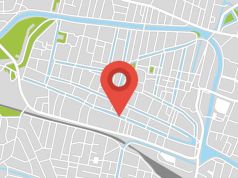
Immediately to the south of Brussels centre are the trendy and varied communes of Ixelles and St-Gil...

Despite the geographical disadvantage the six north-west communes have in terms of international sch...

St-Josse, Schaerbeek and Evere make up the north-eastern communes of Brussels. Of these, St-Josse, t...
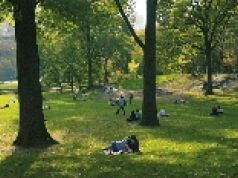
Lying beyond Forest and Ixelles and skirting the Forêt de Soignes, Uccle is Brussel’s la...
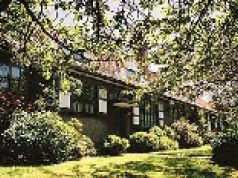
Watermael-Boitsfort is a green and tranquil commune with a village feel to the south-east of the cit...

Situated to the east of the city centre beyond Etterbeek, the EU area and Auderghem, the Woluw&eacut...






